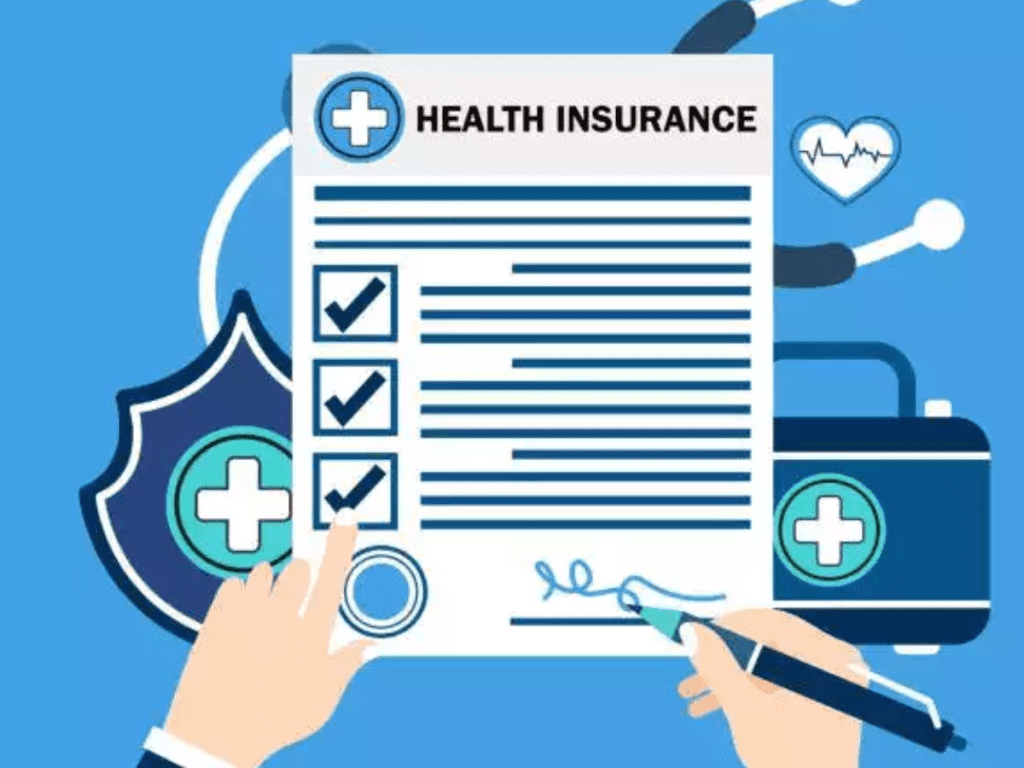Introduction
Health insurance is a crucial financial tool that protects individuals and families from unexpected medical expenses. However, with rising healthcare costs, many people find themselves struggling to afford a comprehensive plan. While it may be tempting to choose the cheapest option, sacrificing essential coverage can lead to greater financial burdens in the long run. The good news is that there are strategies to save money on health insurance without compromising on coverage. By understanding your options, optimizing your plan, and making informed decisions, you can secure affordable health insurance that meets your needs.
Evaluate Your Coverage Needs
One of the best ways to save money on health insurance is to carefully assess your healthcare needs. Consider factors such as your medical history, frequency of doctor visits, prescription medication requirements, and any pre-existing conditions. If you rarely require medical attention, a high-deductible health plan (HDHP) might be a cost-effective choice. On the other hand, if you have chronic conditions or require frequent care, a more comprehensive plan with lower out-of-pocket costs may be better in the long run.
Compare Plans and Providers
Health insurance costs vary widely depending on the provider, plan type, and coverage details. Shopping around and comparing multiple insurance plans can help you find a policy that offers the best balance between affordability and coverage. Many online platforms allow you to compare plans side by side, considering factors such as premiums, deductibles, copayments, and out-of-pocket maximums. Additionally, looking into provider networks can help ensure that your preferred doctors and healthcare facilities are covered.
Choose a High-Deductible Health Plan (HDHP) with a Health Savings Account (HSA)
A high-deductible health plan (HDHP) typically comes with lower monthly premiums, making it an attractive option for those looking to save money. When paired with a Health Savings Account (HSA), this type of plan allows you to set aside pre-tax dollars to cover qualified medical expenses. HSAs offer tax advantages, including tax-free contributions, growth, and withdrawals for medical expenses. If you are generally healthy and do not anticipate high medical costs, an HDHP with an HSA can be a smart way to save money while maintaining financial security for unexpected healthcare expenses.
Take Advantage of Employer-Sponsored Health Insurance
If your employer offers health insurance benefits, it is often one of the most cost-effective options available. Employers typically subsidize a portion of the premium, reducing the amount you need to pay out of pocket. Additionally, some employers provide wellness programs, discounts, or incentives for participating in health-related activities, which can further reduce your overall costs. Make sure to review all employer-sponsored options and take advantage of any cost-saving benefits they provide.
Utilize Preventive Care Services
Many health insurance plans cover preventive care services at no additional cost. These services include annual check-ups, vaccinations, screenings, and wellness visits. Taking advantage of preventive care can help detect health issues early, reducing the need for expensive treatments later. Staying on top of routine medical care can ultimately save you money by preventing more serious health conditions that require costly interventions.
Consider a Family or Group Plan
If you are purchasing health insurance for yourself and your family, exploring family or group plans can be more cost-effective than individual coverage. Group plans, such as those offered through professional organizations, alumni associations, or trade groups, often provide lower premiums and better coverage options. If you are self-employed, consider joining an association that offers group health insurance benefits.
Look Into Government Subsidies and Programs
Depending on your income level, you may qualify for government subsidies that reduce the cost of health insurance. The Affordable Care Act (ACA) provides subsidies to individuals and families who meet certain income criteria. Medicaid and the Children’s Health Insurance Program (CHIP) offer low-cost or free healthcare coverage for eligible individuals and families. Checking your eligibility for these programs can significantly lower your health insurance expenses without sacrificing essential coverage.
Negotiate Medical Costs and Payment Plans
If you find yourself facing high medical bills, do not hesitate to negotiate with healthcare providers. Many hospitals and clinics offer financial assistance programs, discounts, or flexible payment plans for those who need help covering costs. In some cases, paying cash upfront for medical services can result in a lower overall bill. Being proactive in discussing payment options with your provider can help reduce your healthcare expenses.
Opt for Generic Medications
Prescription medications can be a significant healthcare expense, but opting for generic drugs instead of brand-name medications can save you a considerable amount of money. Generic medications contain the same active ingredients as their brand-name counterparts and are equally effective but typically cost much less. Check with your healthcare provider to ensure that a generic version is available for your prescriptions and always ask your pharmacist about lower-cost alternatives.
Bundle Health Insurance with Other Policies
Some insurance providers offer discounts when you bundle health insurance with other types of coverage, such as auto or home insurance. If you already have policies with a particular insurance company, check to see if they offer bundled discounts that could lower your health insurance premiums. This strategy can help you save money while maintaining comprehensive insurance coverage across multiple areas.
Stay In-Network for Healthcare Services
Many health insurance plans have provider networks that include doctors, hospitals, and specialists who have agreed to negotiated rates with the insurer. Visiting in-network providers usually results in lower out-of-pocket costs than going out-of-network, where you may be responsible for a larger portion of the bill. Before scheduling appointments or procedures, confirm that your healthcare providers are within your insurance network to avoid unexpected charges.
Maintain a Healthy Lifestyle
Insurance companies often offer incentives for policyholders who maintain a healthy lifestyle. Some plans provide discounts or rewards for engaging in health-conscious activities such as exercising regularly, quitting smoking, or participating in wellness programs. Maintaining good health can also reduce your long-term medical costs by lowering your risk of chronic diseases and preventing costly medical interventions.
Reevaluate Your Plan Annually
Health insurance needs change over time, and it is essential to review your plan annually to ensure it still meets your needs. Open enrollment periods provide an opportunity to compare new plans, update coverage, and take advantage of any new cost-saving opportunities. If your circumstances have changed, such as a new job, marriage, or the birth of a child, you may qualify for a special enrollment period to switch to a more affordable plan with better coverage.
Use Telemedicine Services
Telemedicine has become an increasingly popular way to access healthcare while reducing costs. Many health insurance plans offer virtual doctor visits for minor illnesses and routine check-ups at a lower cost than in-person visits. Telehealth services can save you time and money by providing convenient medical care without the need for travel or long wait times at a clinic.
Conclusion
Saving money on health insurance without sacrificing coverage is achievable with careful planning and informed decision-making. By evaluating your healthcare needs, comparing plans, utilizing employer benefits, and taking advantage of preventive care, you can optimize your insurance coverage while keeping costs manageable. Exploring government programs, negotiating medical expenses, choosing generic medications, and leveraging telemedicine services can further reduce your overall healthcare spending. Staying proactive in managing your health and insurance choices will ensure that you receive the best care at the most affordable price.

